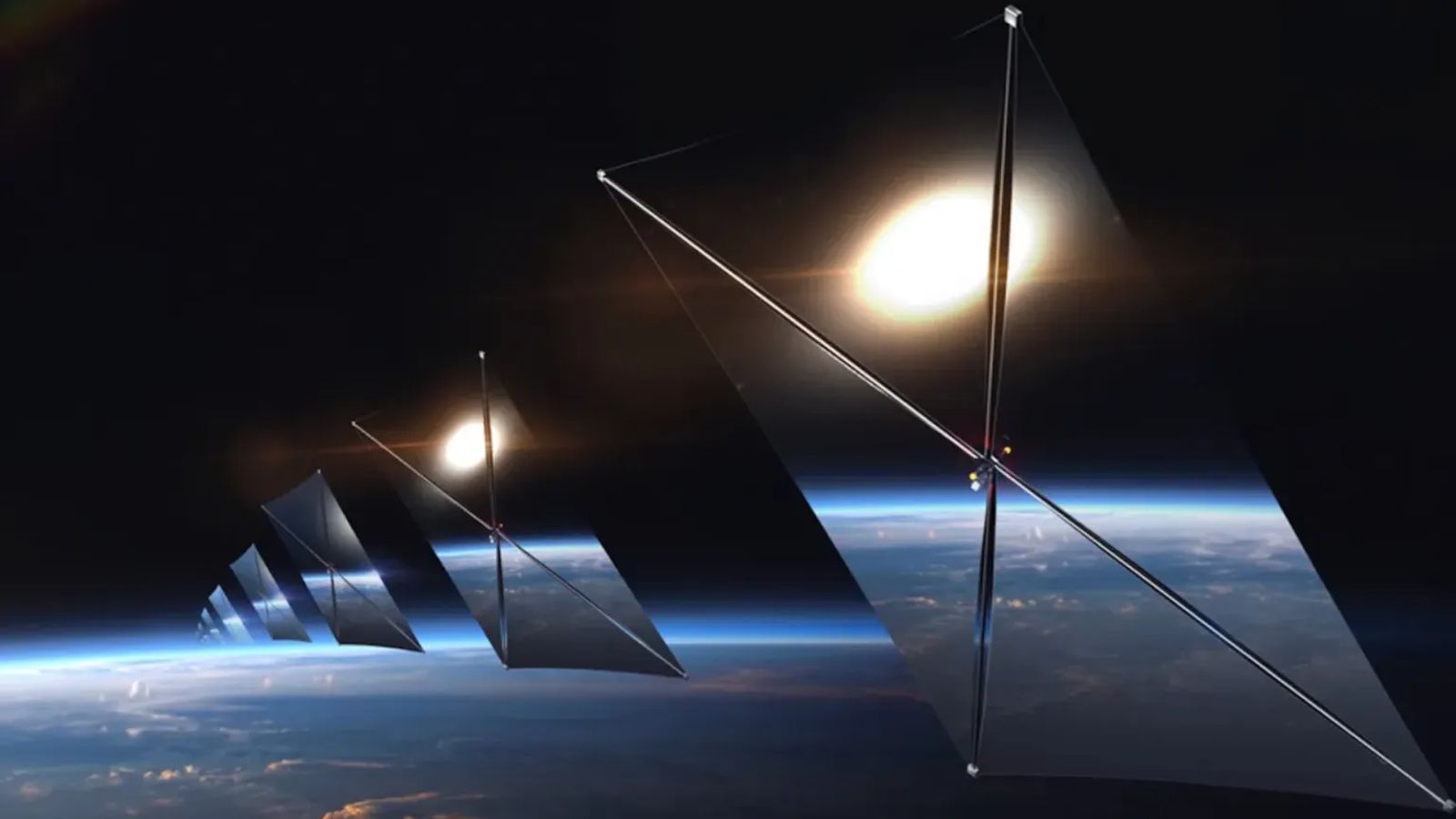California-based startup Reflect Orbital aims to build a swarm of 4,000 giant mirrors in low Earth orbit to “sell sunlight” to customers at night. Experts warn that the mirrors could mess with telescopes, blind stargazers and impact the environment.
Reflect Orbital, which was founded in 2021, has recently taken the first step in a scheme to sell sunlight at night by bouncing solar rays off giant “reflectors” that can redirect the vital resource almost anywhere on our planet. By doing this, the company aims to extend daylight hours in specific locations, thus allowing paying customers to generate solar power, grow crops and replace urban lighting.
But experts say it is a wildly impractical plan that should never get off the ground. What’s more, the resulting light pollution could devastate ground-based astronomy, distract aircraft pilots and even blind stargazers.



The same a what the sun already has to deal with, really. If your reflection and focus were somehow 100% perfect (impossible, but maybe you could get close) then attenuation from the atmosphere would be the same as what happens to ordinary sunlight over the same surface area, since that also has to pass through the same amount of atmosphere.
Right, but in the daytime, the portion of sunlight that is scattered on the way through the atmosphere to a given spot is partially made up for by sunlight that was scattered to that spot away from other areas, which wouldn’t happen under this scheme.
I’m curious how much scattering occurs - I have no idea how to find or model that.
Oh, yeah. Or, if you’re very close to the horizon and reflecting light that’s already plowed through most of the atmosphere at a very shallow angle before it can hit the mirror satellite, how much attenuation you get from that. Tons, I’m sure.